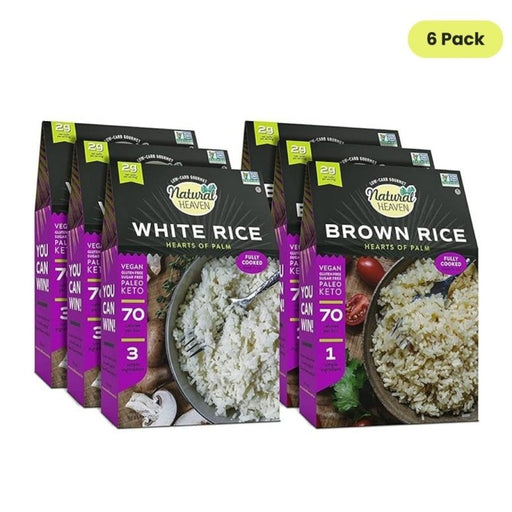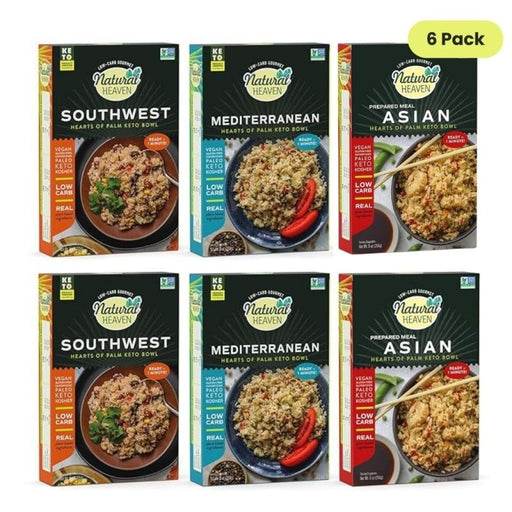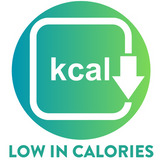Satiety is the feeling of satisfaction and lack of hunger that follows after you have a meal.
However, not everything you eat will give you a feeling of satiety. Some foods are more filling than others, which means that you can consume less of these foods and still feel satiated.
If you’re looking to lose weight by avoiding overeating and controlling your food portions, knowing how to maintain satiety for longer can be incredibly effective in helping you reduce your food intake.
Here’s what you need to know about different foods that can help keep you satiated longer.
How Do Certain Foods Impact Satiety?
In 1995, a group of researchers at the University of Sydney formulated a Satiety Index to measure the effectiveness of different foods in helping satisfy hunger.
Different foods were scored with a baseline of 100, with foods scoring higher than 100 considered to be more filling. These foods that are more filling allow you to eat less and consume fewer calories while satisfying your hunger.
Thus, knowing the satiety index of different foods will help you eliminate foods that are not contributing to a feeling of satisfaction, and merely adding to your calorie intake.
Studies have shown that most foods that rank high on the satiety index tend to have the following characteristics:
- They are high in protein, which is the most fulfilling macronutrient and affects satiety hormones such as ghrelin while also aiding weight loss.
- They have high levels of fiber content that provide bulk and help maintain a feeling of fullness for longer by increasing the digestion period.
- They have low energy density and are low in calories despite their weight. Such foods typically contain high levels of fiber and water and are low in fat.
- They are high in volume and contain a relatively high amount of air or water, which promotes the feeling of fullness.
However, it is important to note that just because certain foods are filling does not mean they offer good nutrients. So, it’s important to look for foods that are satiating but also nutrient-dense.
What Foods Maintain Satiety For Longer?
Here are the two main foods that have high satiety and are relatively cheap and easy to consume.
Boiled Potatoes
A good source of vitamin C and potassium as well as other minerals, boiled potatoes are healthy and nutritious. They are high in water and carbs and also contain fiber and protein. They scored 323 on the satiety index compared to other foods.
Eggs
Rich in nutrients and antioxidants, eggs are a source of high-quality protein and score well on the satiety index as they are quite filling. Consuming eggs for breakfast has been proven to reduce calorie intake in the next meal!
Some other foods that promote satiety include:
- Oatmeal
- Fish
- Soup
- Meat
- Greek yogurt
- Vegetables
- Cottage cheese
- Legumes
- Fruits
- Quinoa
- Nuts
- MCT oil
- Popcorn (without butter)
- Barley
- Rye
- Whole wheat bread
- Pulses
- Salads
Consuming these foods will help you feel full and satiated for longer, thereby reducing overeating.
The type of food you eat plays a primary role in your satiety levels and portion control. But, there are also other ways you can control your appetite and avoid overeating.
Habits To Reduce Overeating and Promote Satiety
Here are some habits and lifestyle changes you can make to reduce overeating and control your appetite.
- Reduce stress as stress heightens cortisol levels and can lead to excessive hunger and overeating
- Stay hydrated. Sometimes, when you think you’re hungry, you’re actually just thirsty. Drinking enough water will help you feel full and also prevent unnecessary food consumption.
- Don’t eat with the TV on. Distracted eating can lead to weight gain as it makes you prone to overeating.
- Use smaller utensils. A smaller plate or bowl will make your small portion of food look large. This is a great way to trick your brain and also reduce portion sizes.
With these simple changes to your habits and lifestyle, you’ll see a drastic difference in your satiety levels.
Conclusion
Maintaining satiety for longer helps you control your food intake, reduce overeating, and generally retain your energy levels without consuming too many calories.
Apart from food satiety, remember that a healthy diet and lifestyle also includes getting enough sleep and avoiding binge-eating junk food. Make sure to take smaller bites and add more nutrient-rich foods to your plate.












